When you think of startups in America, many people envision popular tech cities like San Francisco and Seattle. Though these spots are famous for their ingenuity, creation, and development, other cities are blossoming simultaneously as innovational epicenters.
The Midwest is an often overlooked area in the country for startups. Even when Chicago is the third biggest city in the nation, its adjacent towns and states are often relegated to an inferior status that doesn’t live up to reality. Just 90 miles north of Chicago lies Wisconsin’s largest city, Milwaukee. With barely over 500,000 residents, Milwaukee’s population and inland location leave it vulnerable to misguided perceptions.
Whether you know it or not, Milwaukee’s startup ecosystem and culture are growing tremendously, providing new jobs and opportunities for its locals. Here is a comprehensive look at the history and current status of this Midwestern city’s growing startup economy and what an entrepreneur can gain from relocating there.
What is a Startup?
Generally speaking, startups are associated with entrepreneurial endeavors that focus on technology. The emerging company aims to conceptualize, prototype, and manufacture a product that has never been introduced to the market before. A startup often relies on external funds to finance the upcoming product, which is why developing companies are stationed in major cities with ample monetary opportunities.
Because startups are usually linked to technology-based innovation, it’s common to see new companies emerge in the Bay Area or the Pacific Northwest. But Milwaukee has become a true tour-de-force of creation in the last several years, earning the number one spot for early-stage investment growth among U.S. cities in 2023. The city’s sudden appearance in the startup community has made it an exceptional area for development and entrepreneurship.
Milwaukee Overview
So, now that Milwaukee is making waves in the startup community, what is it like to initiate a company there? For many who doubt its significance, this Midwestern city is home to many nationally ranked startup accelerators, which are crucial to getting entrepreneurs’ products off the ground.
One of Milwaukee’s most successful accelerators is gener8tr, which helps connect business owners with investors nationwide. The company currently has 85 accelerators in place across 41 communities in the city, providing excellent funds and resources to each established venture. Gener8tr procured $1.3 billion from investors over the last year, which is a definite reason why Milwaukee experienced recent startup growth.
Academia and startup culture go hand in hand for Milwaukee’s young adults. Many of the city’s public and private universities are incorporating entrepreneurship into their studious ecosystem, allowing for innovation and growth at a crucial age. The Lubar Entrepreneurship Center at the University of Wisconsin-Milwaukee is a critical factor in this initiative. The center provides resources and workshops to young entrepreneurs and a space for like-minded thinkers to brainstorm and collaborate. Business-focused courses can be taken at the center, ensuring college students have first-hand experience before joining the cutthroat startup ecosystem.
A few private institutions in and around the city similarly serve their students with business-oriented resources. Marquette University’s Kohler Center for Entrepreneurship gives youth innovators the tools and programming to refine their skills. The center’s programming is available for students, staff, and faculty, assisting in entrepreneurial growth regardless of age or occupation. Marquette already has a plethora of student-led startups, including Complete Sharing, a clothing company that manufactures tank top switch light-weight prosthetics for those who’ve survived breast cancer.
Key Industries
Knowing what this midwestern metropolis can provide is imperative when establishing a new startup in Milwaukee. As an up-and-coming tech city, its creative population and sufficient infrastructure give young and experienced entrepreneurs an excellent platform for sustained growth. As an evolving city for opportunity, Milwaukee holds plenty of influential and successful corporations, benefiting commercial industries citywide.
Milwaukee is home to 18 powerful Fortune 1000 companies, making the mid-size city their headquarters. Engineering companies like Modine and department store chains like Kohl’s have made the metropolis their main post. Harley Davidson, the renowned motorcycle company, also resides in this Wisconsin city. With such a diverse spread of corporations and businesses, innovators of various expertise and passions have found resources and funding in Milwaukee.
Though the city has accumulated startups of all missions, Milwaukee is associated with a few key industries. Since the Midwest is known for its industrialized history, Wisconsin is no different with its mechanical manufacturing economy. The city has been a crucial headquarters for producing manufacturing equipment used nationwide. Companies like Rockwell Automation are now innovating smart machines, low-emission engines, and sophisticated mechanics to revolutionize construction. Milwaukee is also home to smaller mechanics companies, creating a steady supply chain throughout the USA.
Milwaukee is a foundational place for groundbreaking water technology. The city has the country’s largest concentration of water-related companies due to its proximity to the Great Lakes, the Milwaukee River, and the Mississippi River watershed. Water technology and its adjacent companies have a market value of $10.5 billion, making Milwaukee the quintessential city for hydraulic innovation. Industry giants like Kohler, Badger Meter, and A.O. Smith have headquarters in Milwaukee, which has galvanized smaller water-based companies and startups to locate in the area.
The Milwaukee Region is home to top-tier institutions for water-related academic research, like the University of Wisconsin-Milwaukee’s School of Freshwater Sciences and the Water Quality Center at Marquette University. Both academies link companies with specialized scientists and quality research for better innovation. The former’s freshwater department is the first of its kind in the country, using the Great Lakes as a focal point for addressing complicated climate change issues.
Resources and Support Networks
So, what can you gain if you move to or initiate a startup in Milwaukee? Many resources are accessible within the city’s borders, including the Milwaukee 7 Partnership for Economic Development.
This partnership is a branch of the Metropolitan Milwaukee Association of Commerce, which aids in growing small businesses in seven counties of southeastern Wisconsin. M7 will connect your startup to prominent company leaders in your field while providing workforce assets and expansion resources. Partnering with M7 is a sure way to gain a support network for new transplants who want to grow a business in Milwaukee from the ground up.
Funding opportunities are tremendously accessible in this midwest state. Wisconsin has unique laws and policies to help advance small businesses and startups. The state has given over $2 billion in tax relief for companies with the Manufacturing and Agriculture Tax Credit. This tax relief incentive allows up-and-coming Milwaukee businesses to compete with other companies on a global scale.
State grants are a phenomenal resource for entrepreneurs. Wisconsin has a Transportation Economic Assistance Program for aviation and transportation companies, which guides local businesses in expansion and development. There’s also a green energy grant for startups focusing on renewable energy or energy efficiency.

